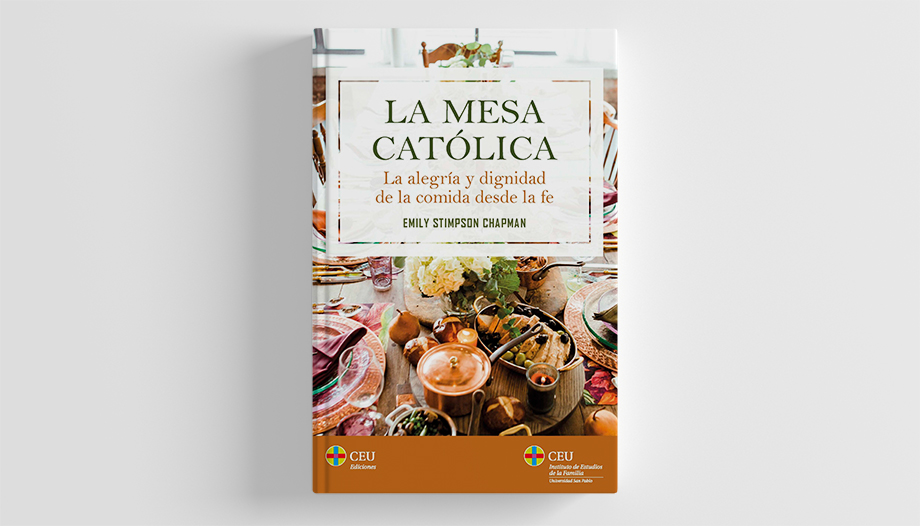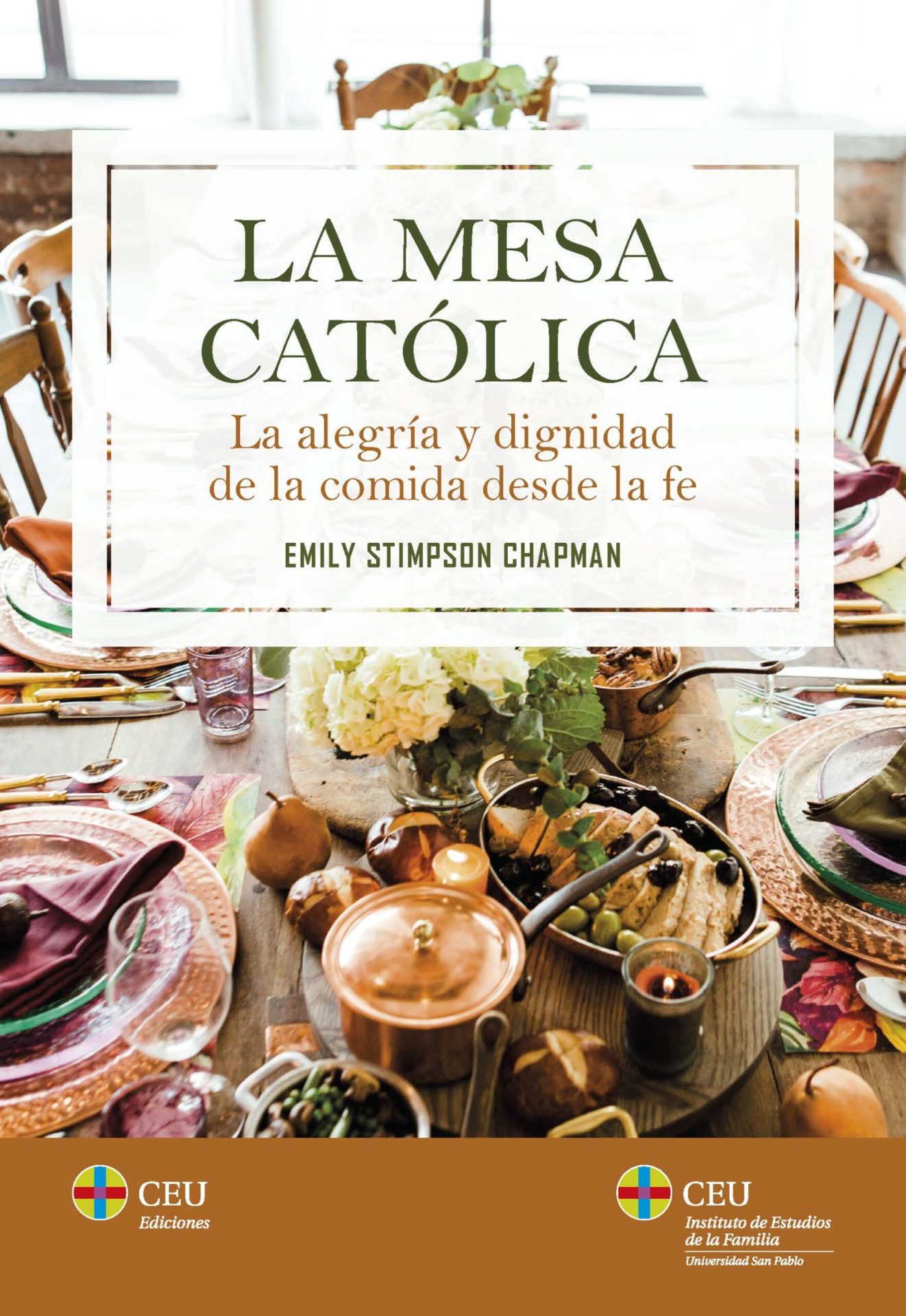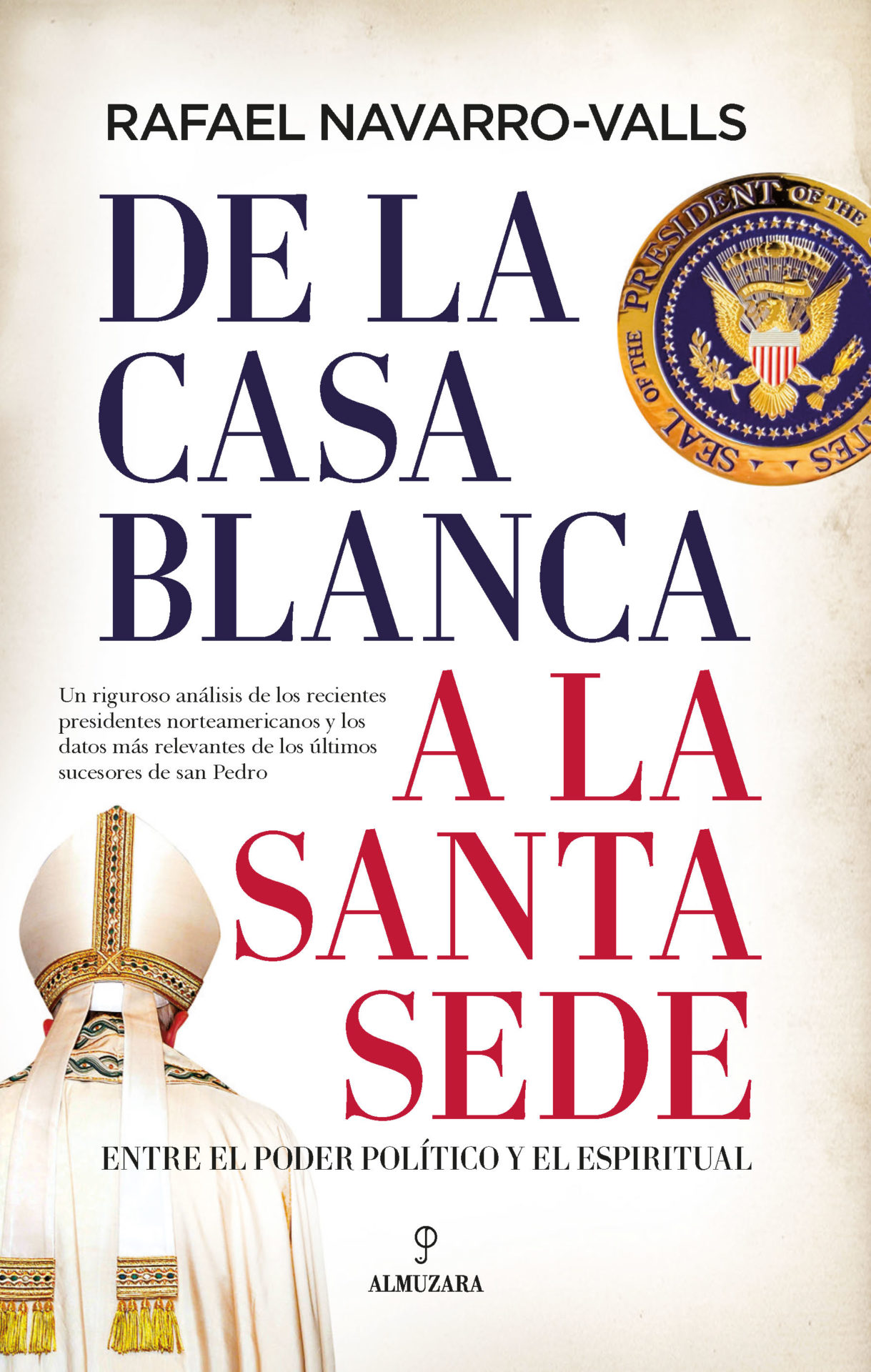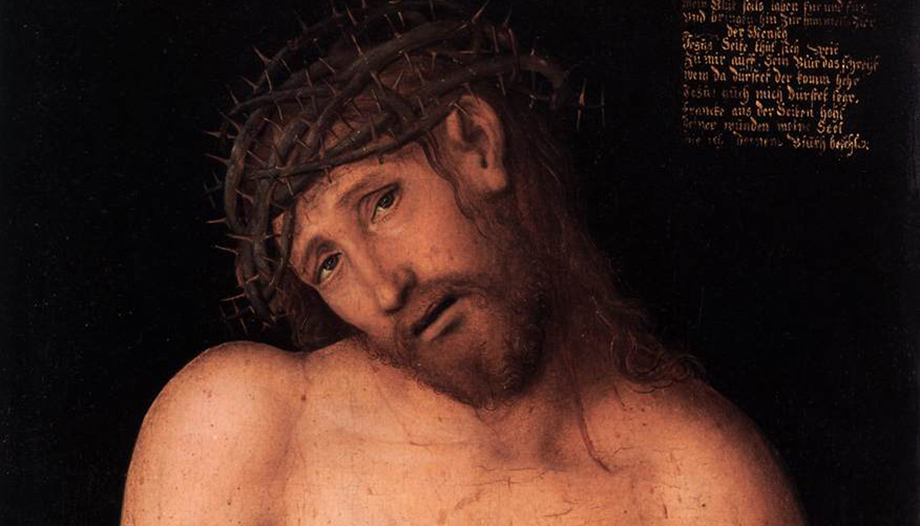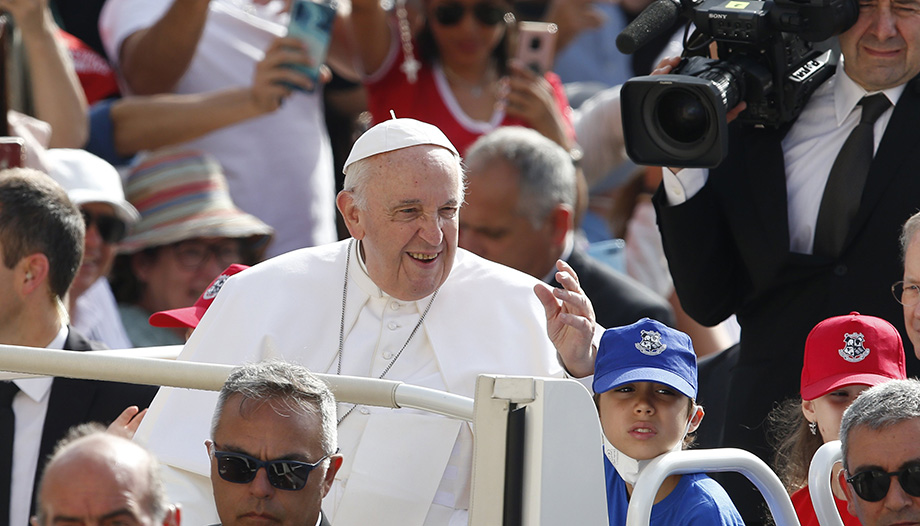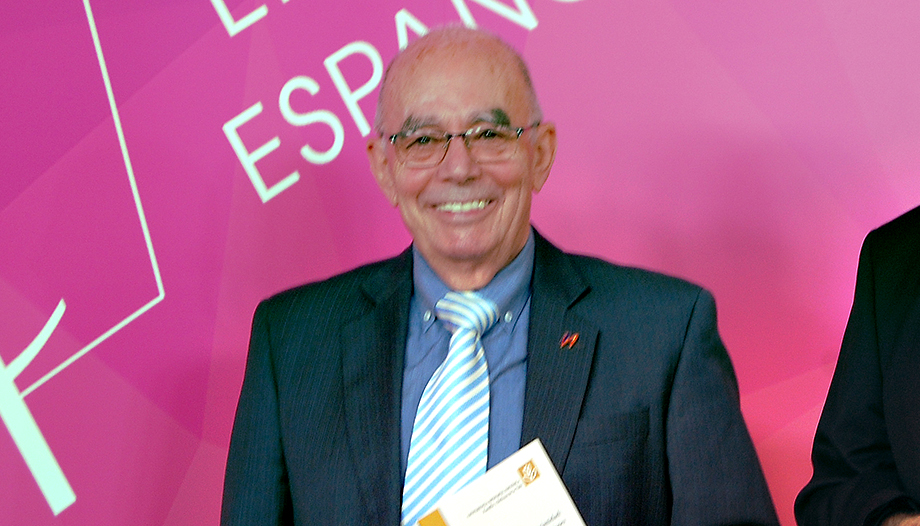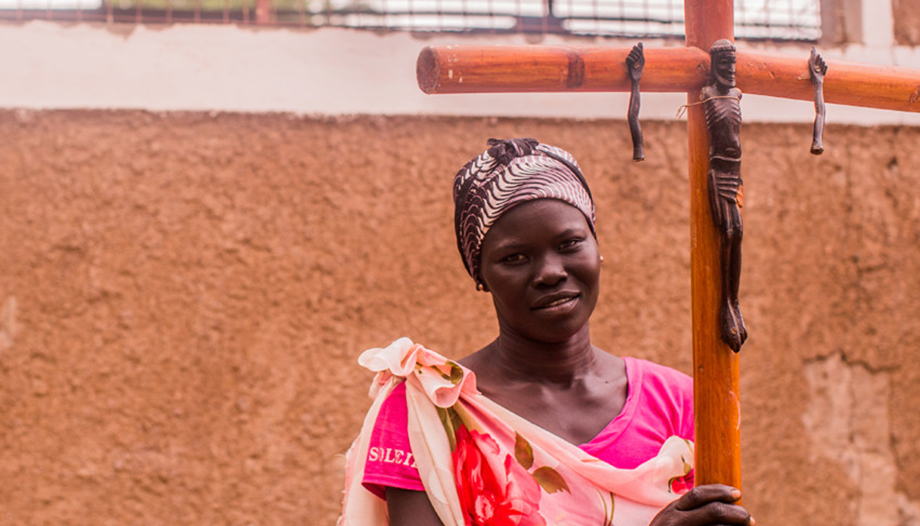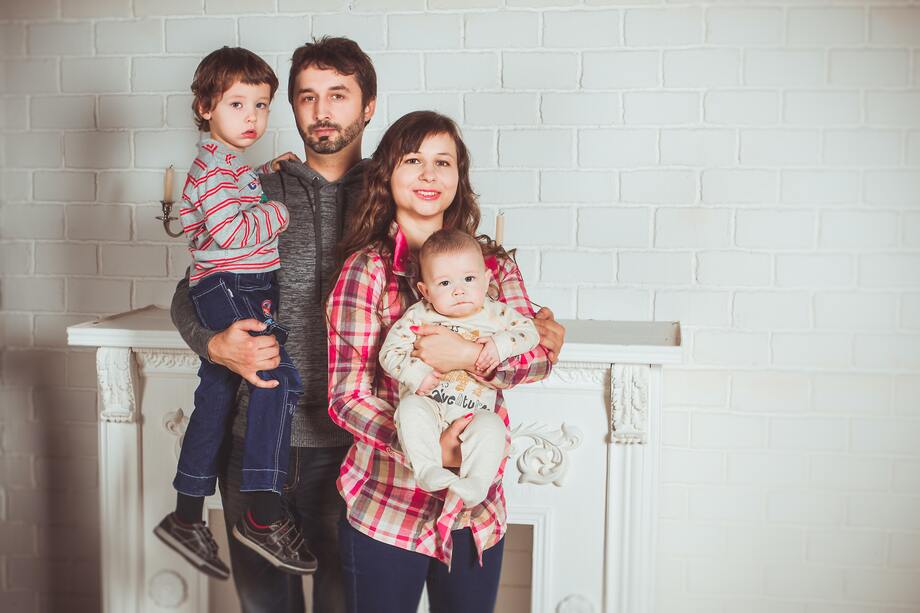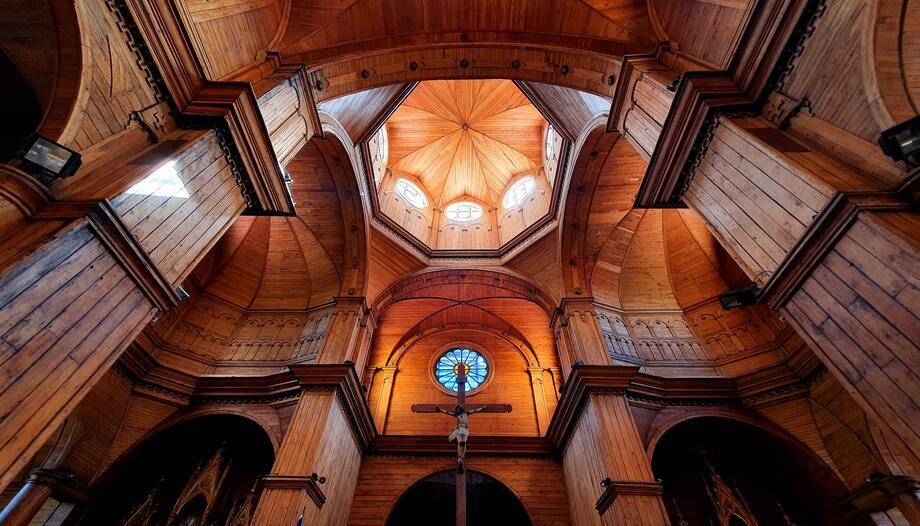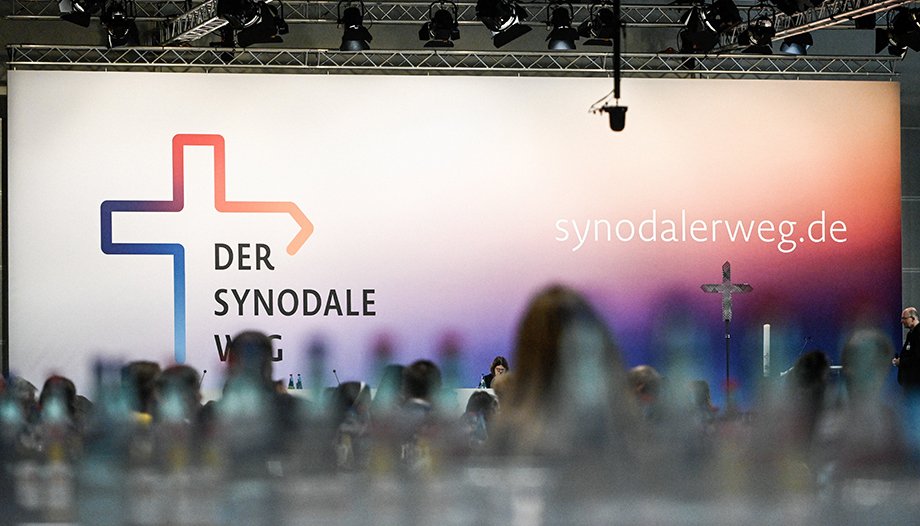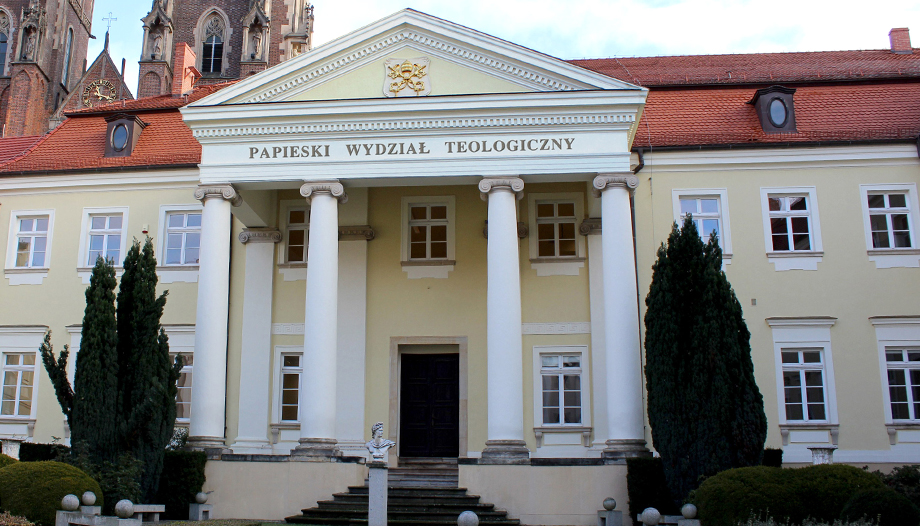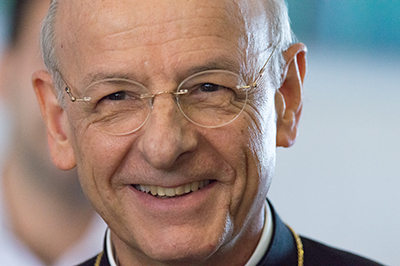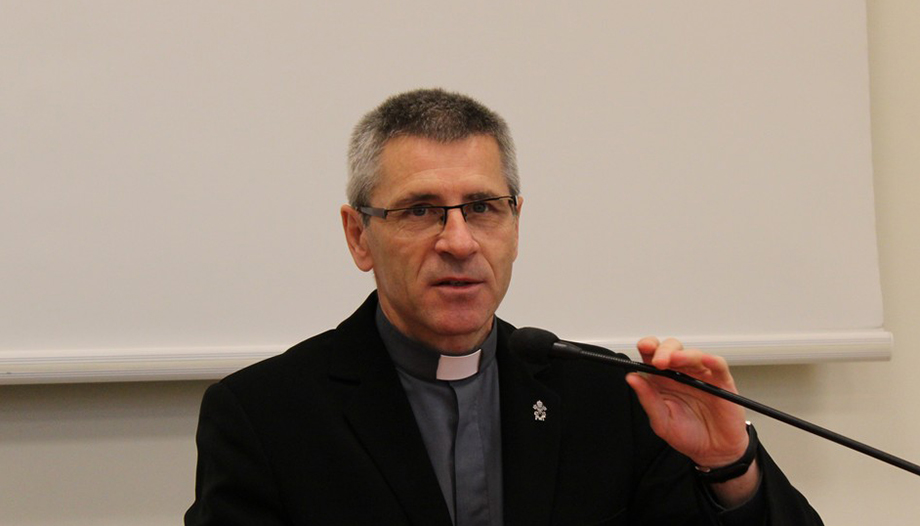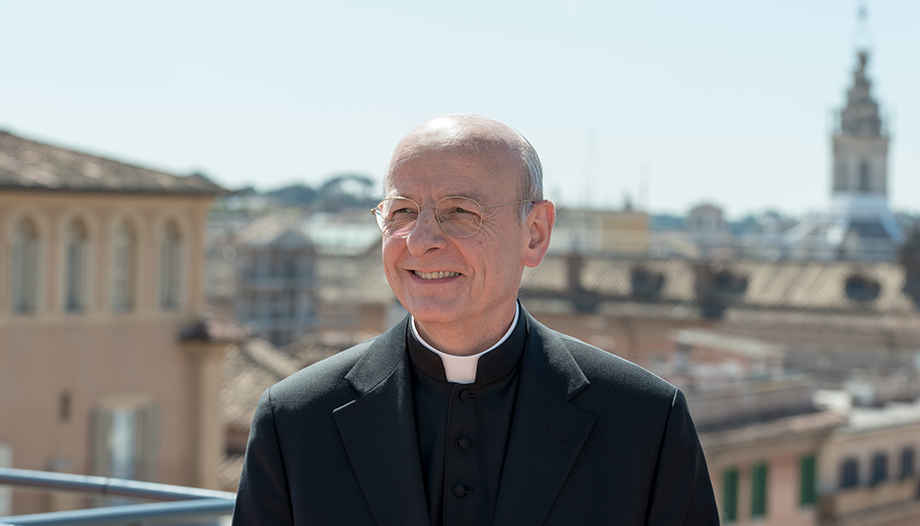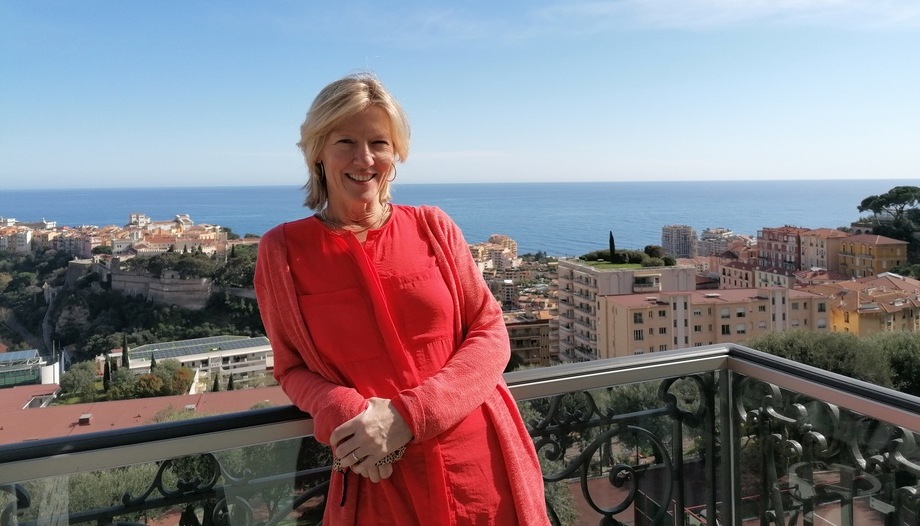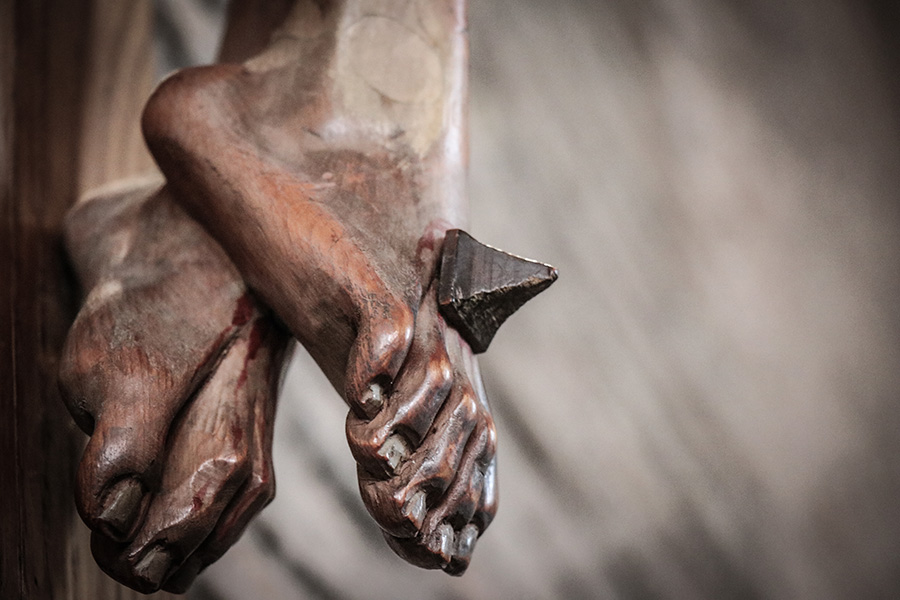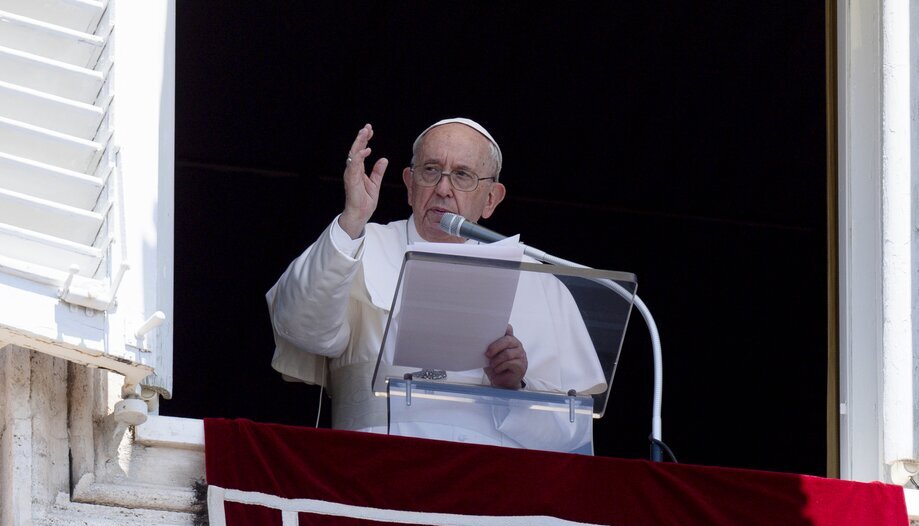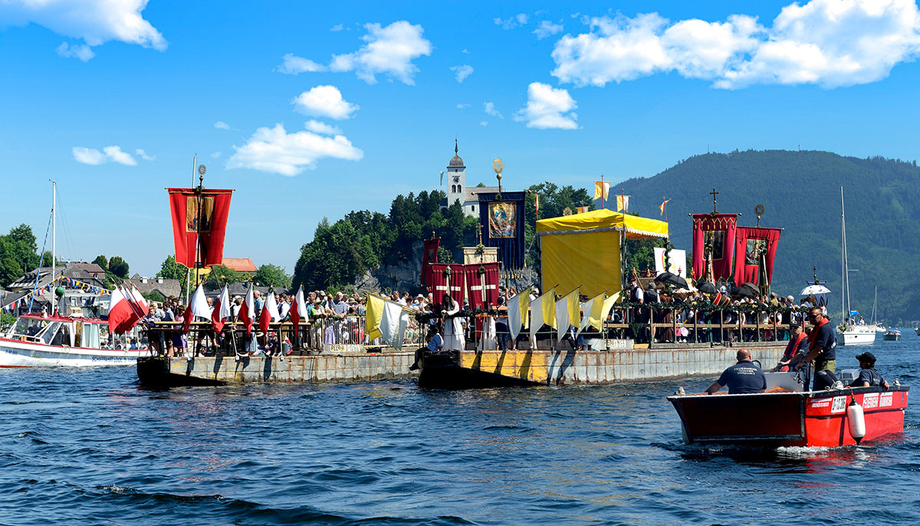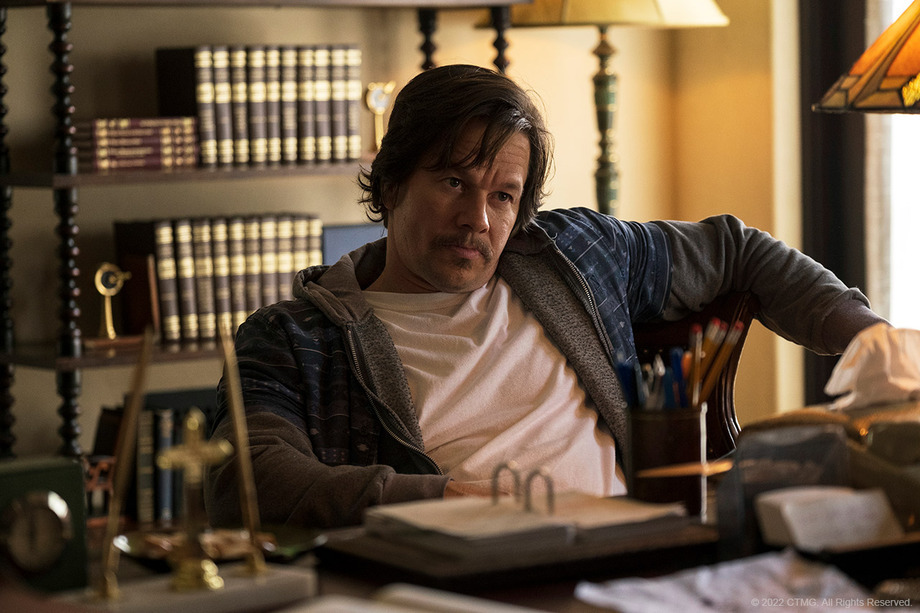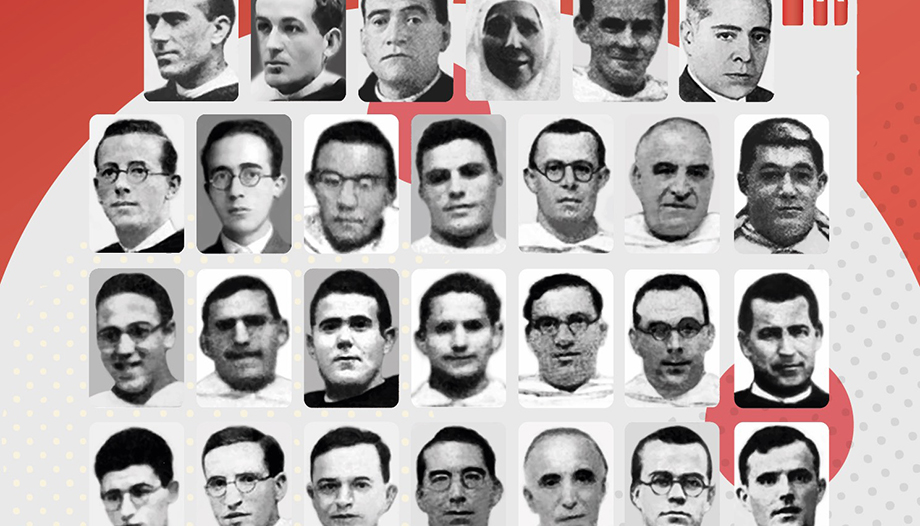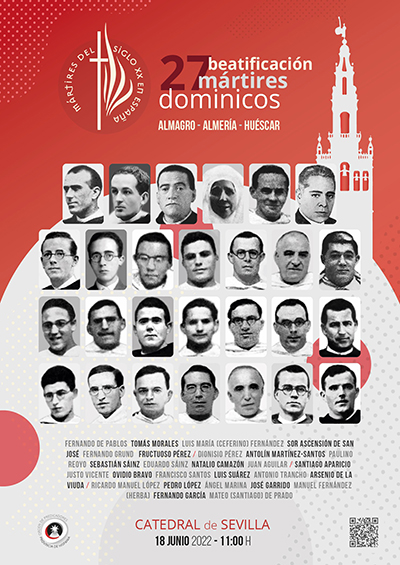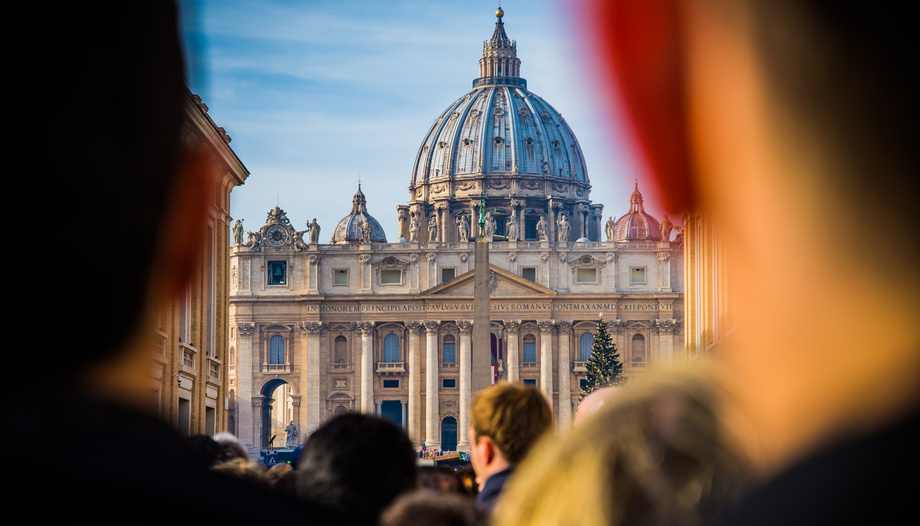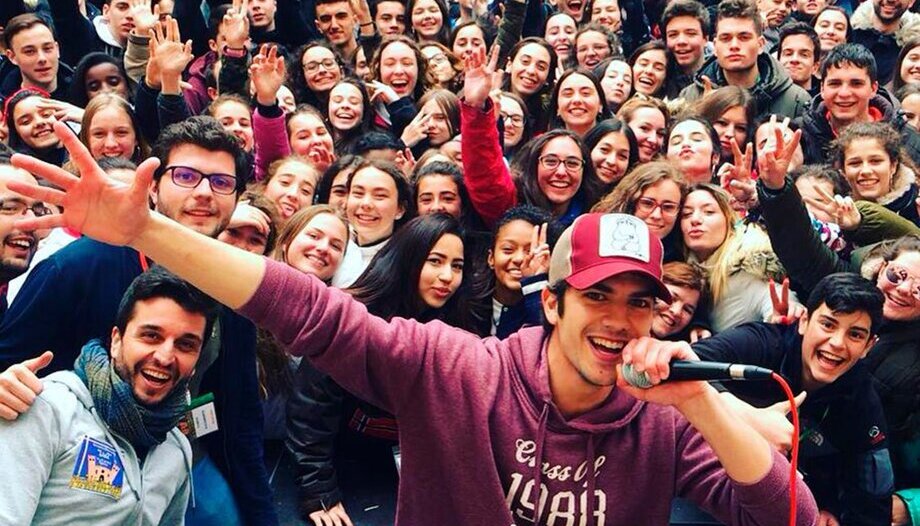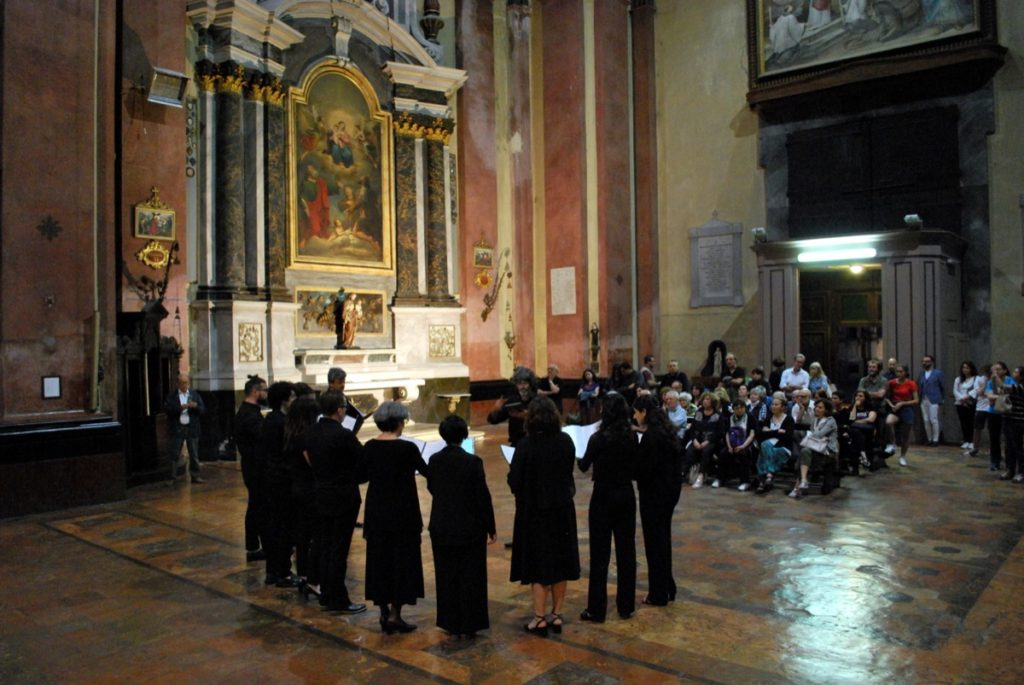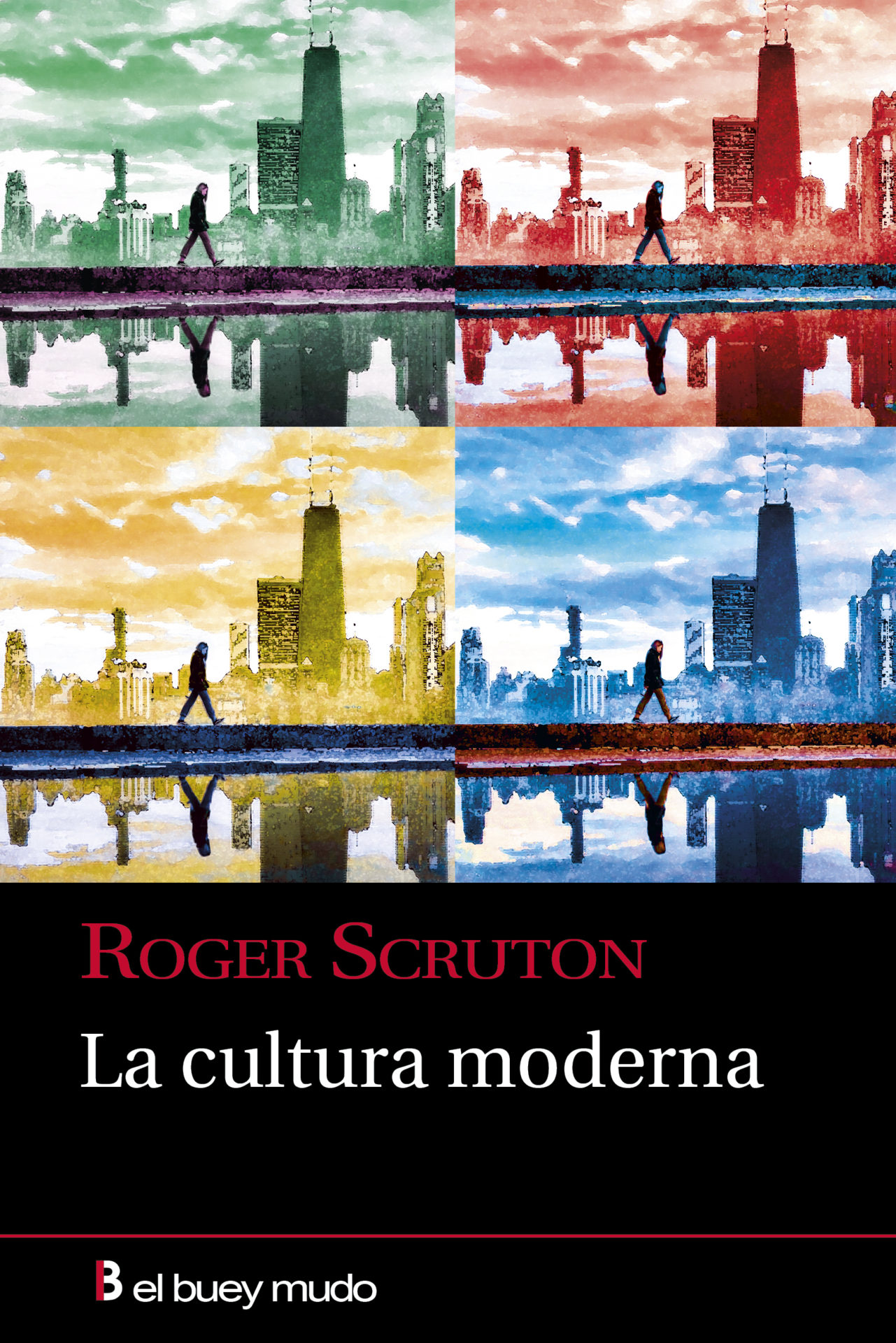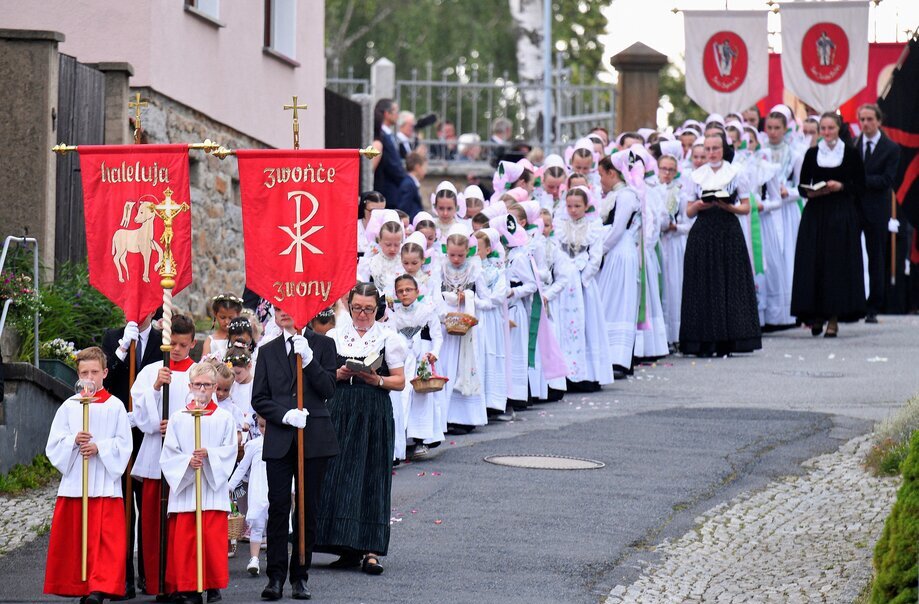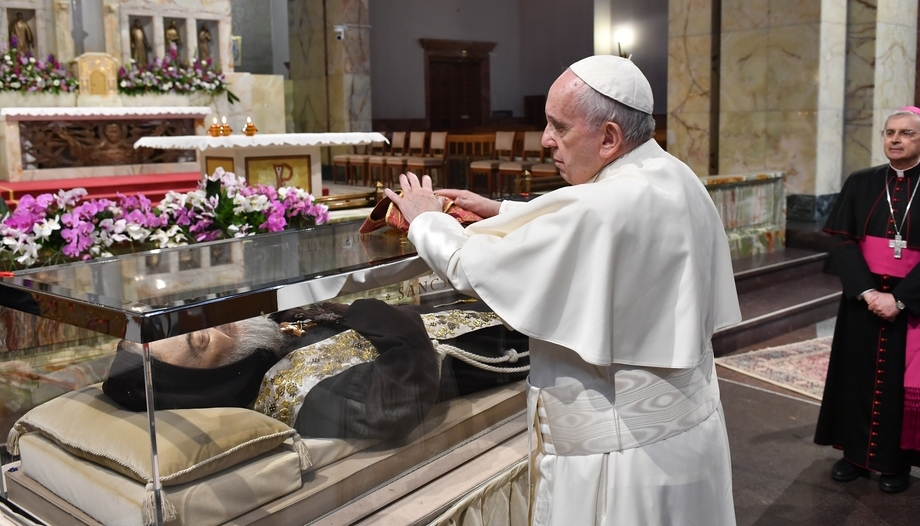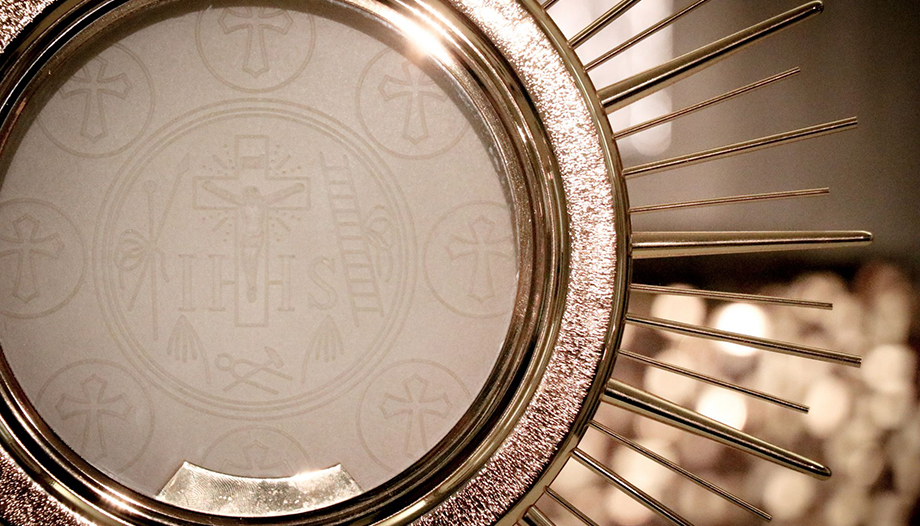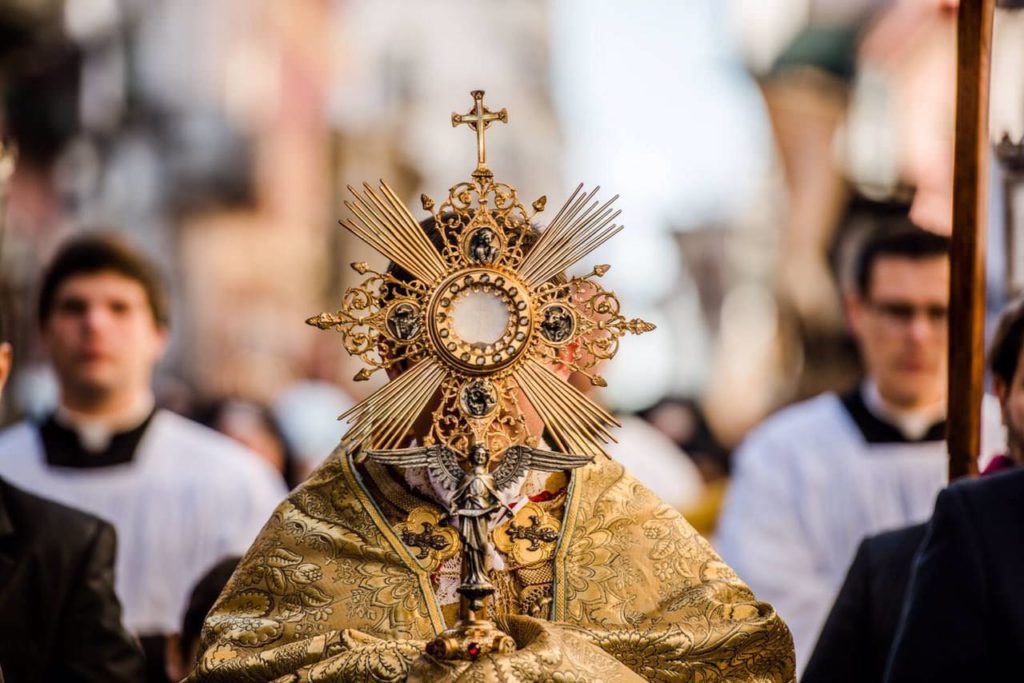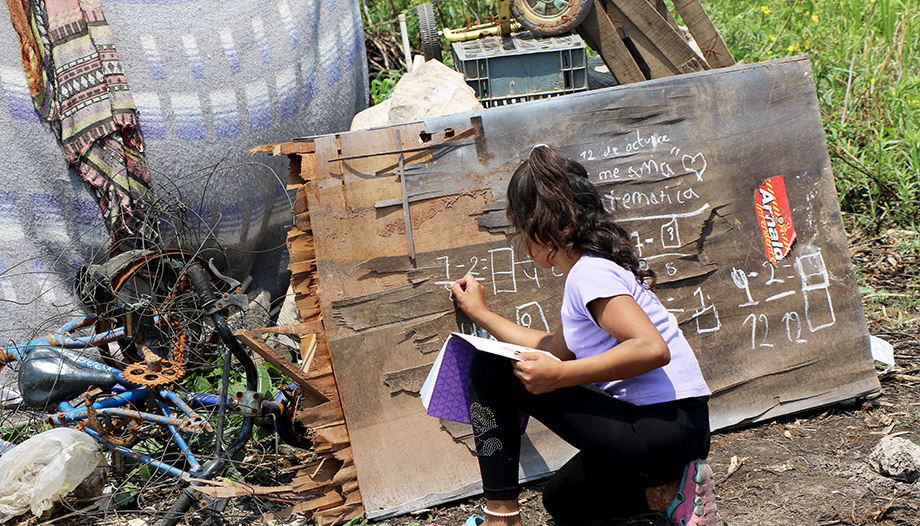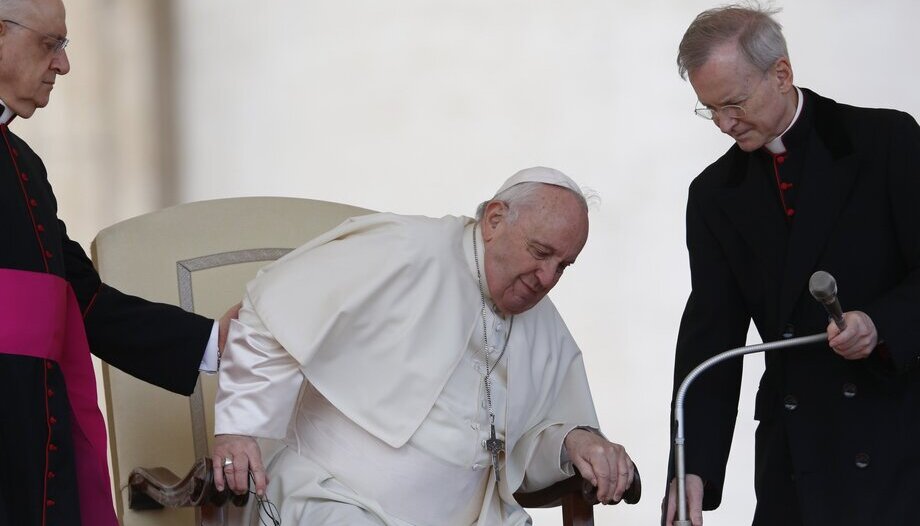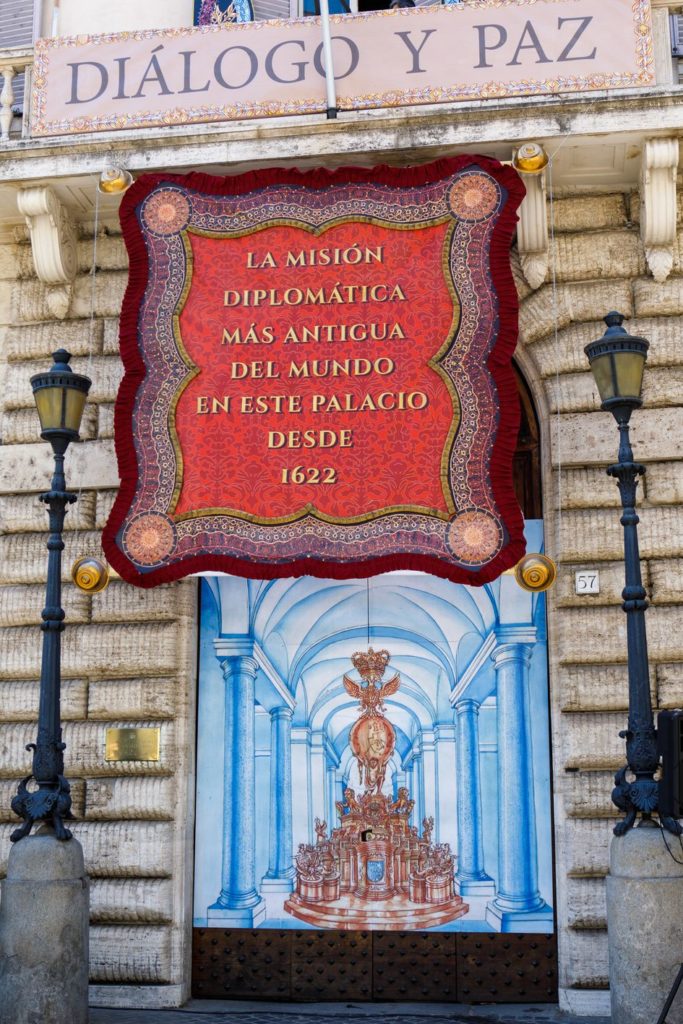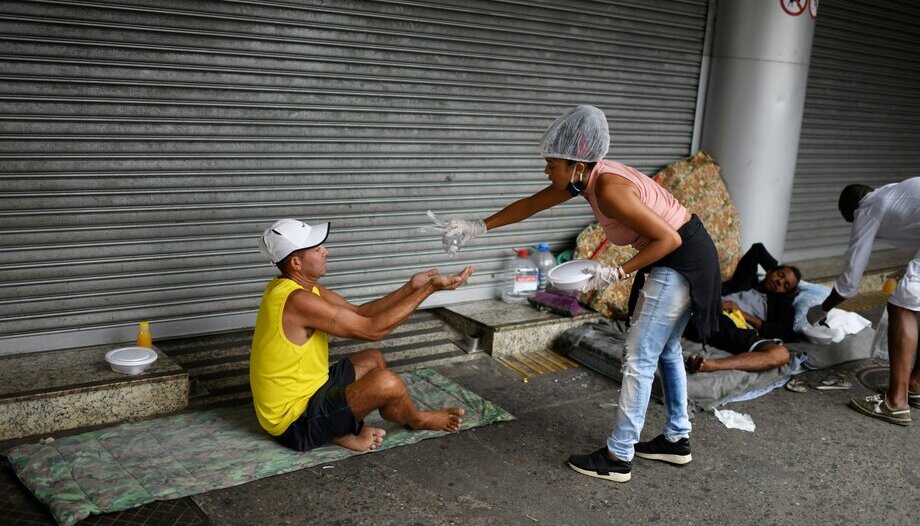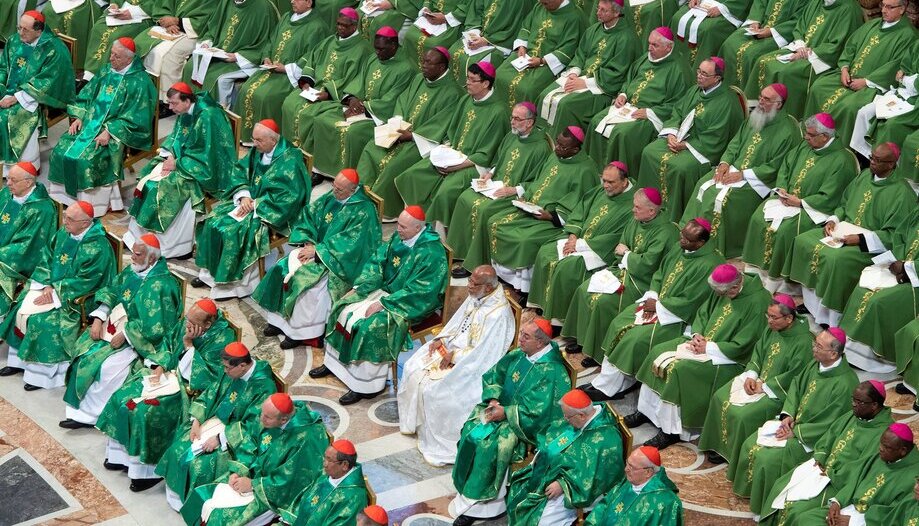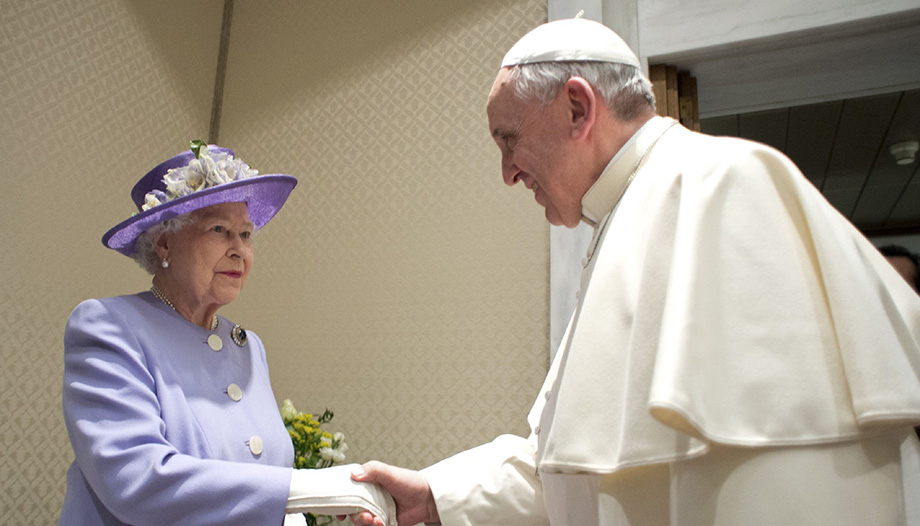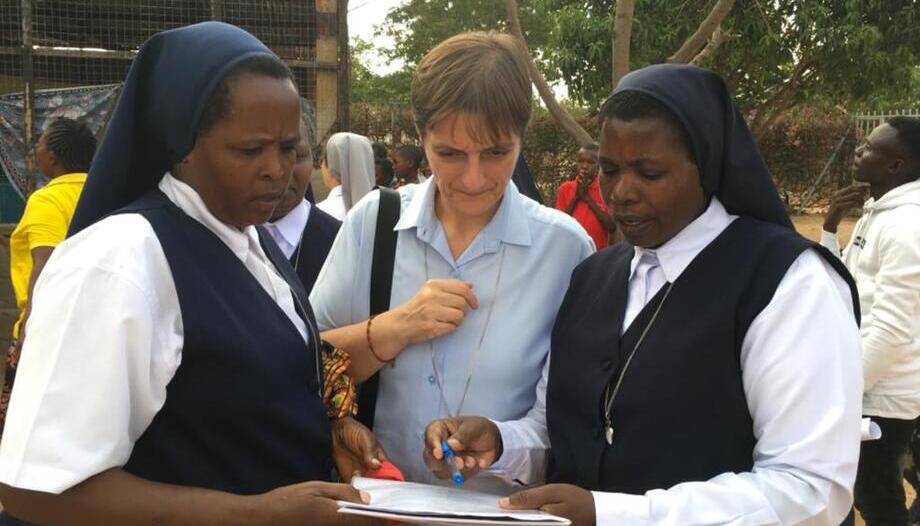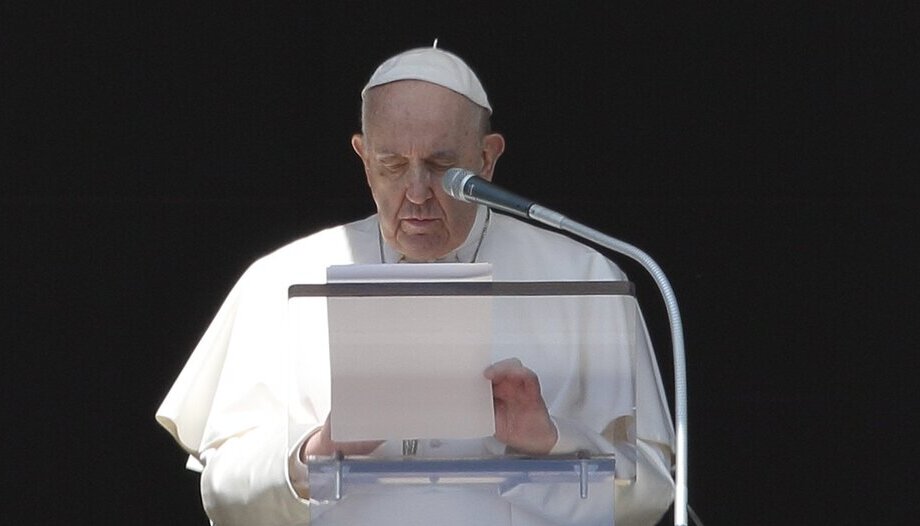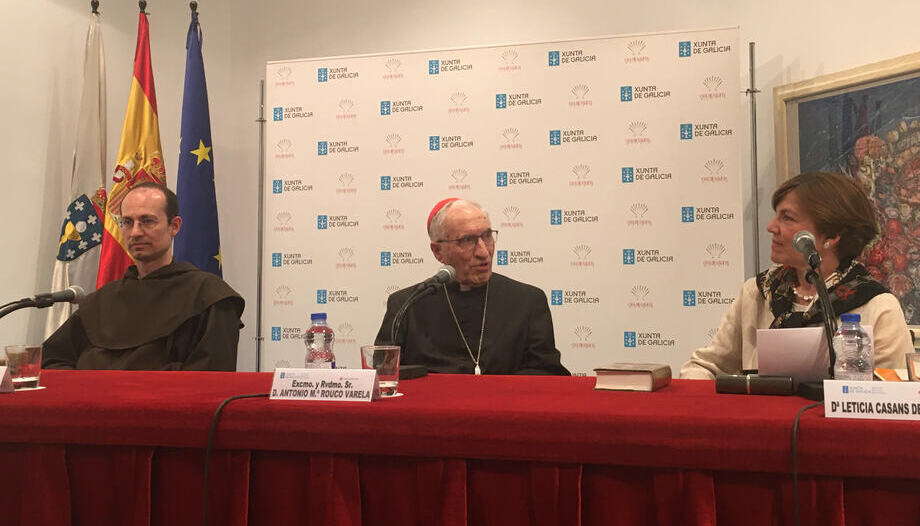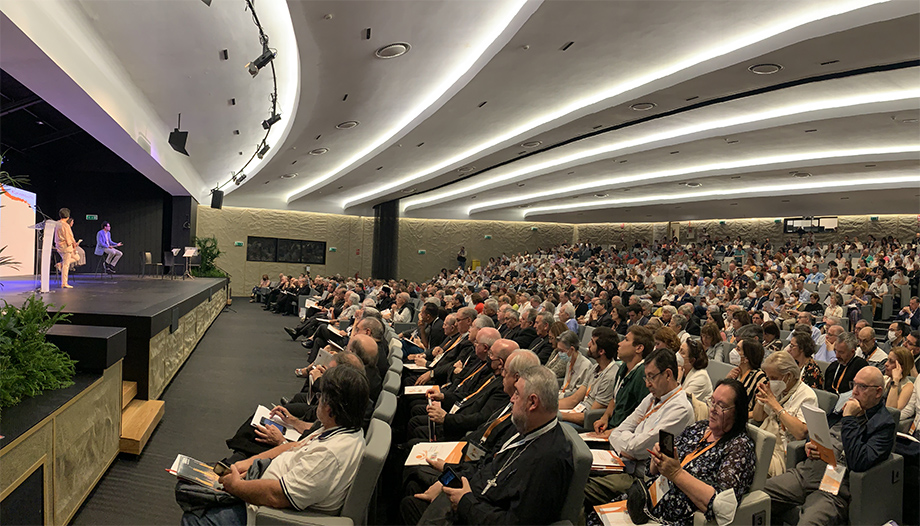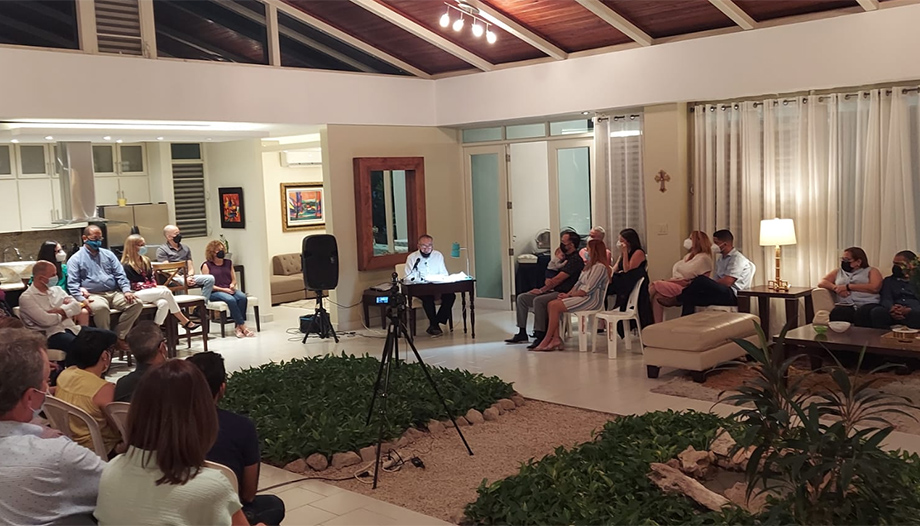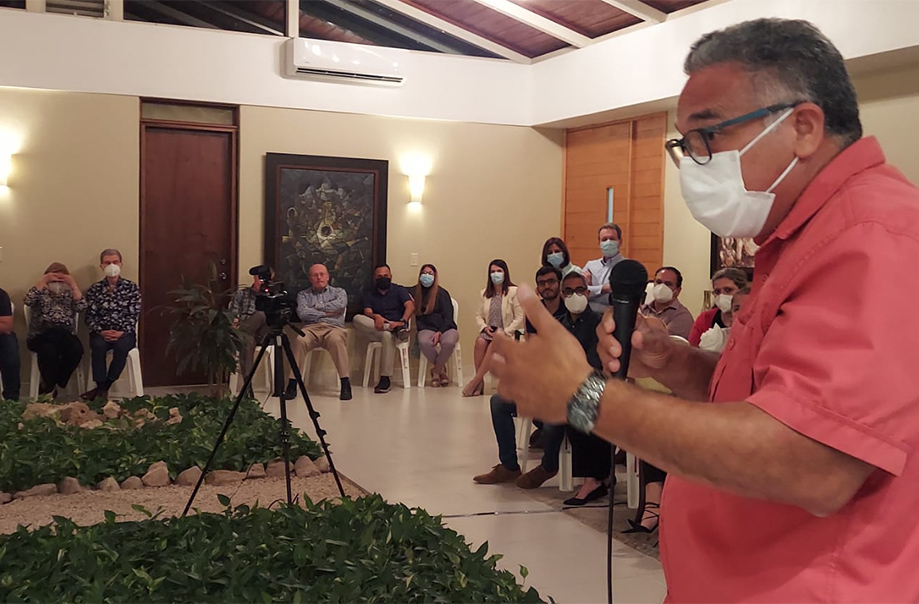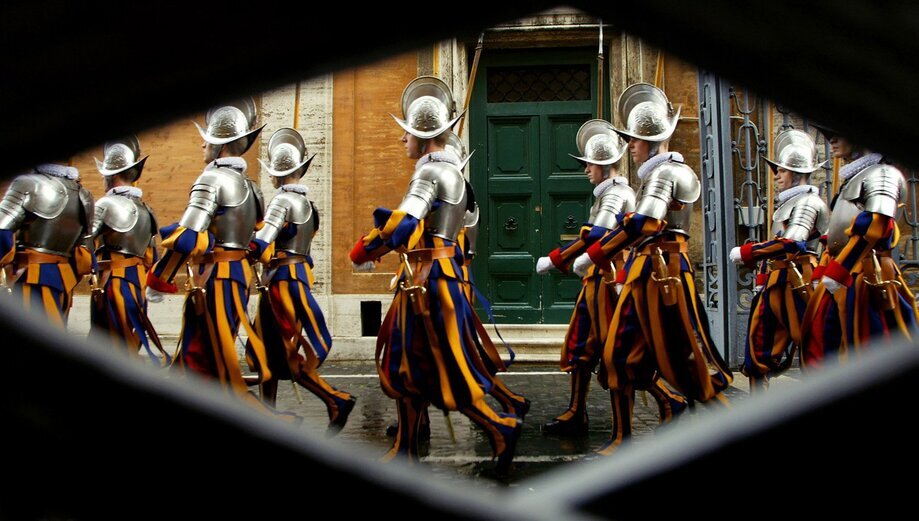Although these topics have certainly appeared and have become an easy media resource, the request to know better the Magisterium of the Church (also to understand the reasons for the aforementioned topics) and, above all, the importance of the EucharistTheir participation and care have been the common demands in the summaries received by the EEC in the first phase of the synod in Spain.
Luis Argüello, Secretary General of the Pontifical Council for the Laity. Spanish Episcopal Conference at the press conference to report on the work of the 259th meeting of the Standing Commission of the Spanish bishops. Evidently, the path followed by the Spanish dioceses in the first local phase of the Synod of Bishops has focused part of the work of these days.
The bishops took stock of the meeting held on June 11 which they described as joyful. An appendix has been added to the conclusions presented that day, which includes the underlined points and some gaps that the participants in the Assembly found after reviewing, in groups, the synthesis that was initially presented.
The Eucharist, the central theme
In this regard, Bishop Argüello pointed out that the president of the Spanish bishops has personally taken these documents to the General Secretariat of the Synod together with all materials and attachments received.
The bishops, emphasized the secretary of the EEC, have expressed their desire to "continue on this path while awaiting the proposals of the General Secretariat of the Synod", the first Instrumentum Laboris that is expected to be received around next autumn.
The need to overcome clericalism and, above all, as Argüello wanted to emphasize, "the issue that was unanimously discussed was the EucharistThe languages, the homily, the participation...". The Secretary General of the Spanish Bishops pointed out that "the Church is an interweaving of the road and the table" and "on this road, above all, the faithful want to speak of the table".
Prevention and the work carried out by the Diocesan Offices for the Protection of Minors was another of the topics discussed at this conference. In this area, the work plan for the coming months was presented. In October, a new two-day meeting of these diocesan offices and religious congregations is planned, and a framework protocol is being drawn up for the prevention of abuse of minors and how to act in the event of such abuse. The protocol includes the main aspects contained in some of the protocols already existing in the Spanish dioceses, as well as the documents of the Holy See regarding this problem.
Only 9 cases of abuse in the 21st century in the Spanish Church
The performance and development of the various research projects in the field of abuses committed by members of the Churchas usual, have been the focus of much of the media's subsequent questioning.
In this sense, Bishop Argüello wanted to point out that, effectively, the Church will not participate institutionally in the commission of investigation set up by the Ombudsman of the Spanish government, which focuses solely on sexual abuse committed in the Church environment.
Argüello pointed out that, although there are Catholics in a personal capacity who do participate in this commission, from the Episcopal Conference, "we think it is good that this type of commission has its independence". Likewise, he did not avoid pointing out that "it does not seem very correct to us to focus only on cases of abuse in the Church" when most of these abuses occur in other areas.
Bishop Argüello wanted to emphasize that the collaboration of the Church is always a priority in "any investigation that wants to emphasize the reception of victims and prevention, this collaboration is a priority".
Prescribed cases
In addition, he explained how "an unreal expectation has been generated in the question of the archives. With our data, those presented by the newspaper El País and all the others, 80% of the cases are prior to the year 80, from the civil criminal point of view, many of them have prescribed, many of the accused persons are deceased and the superiors or bishops responsible at that time are no longer there".
The spokesman for the Spanish bishops has also recalled that "in our protocols of action is to communicate to the Prosecutor's Office all cases that are received and this has been done".
Regarding the second report prepared by the newspaper El País, Argüello explained that it has been sent "to each congregation and each diocese what corresponds to it, to Rome and to the public prosecutor's office. And we have written to El País asking the management, to the extent that they have wanted us to act as "mediators" so that the people who have made these accusations can contact the offices and even, if necessary, act as mediators between these people and the dioceses".
Argüello stated that "at the end of the year we are expected to give a report on the new developments received in each office" and pointed out that "there are only 9 cases in the 21st century", which gives him "peace of mind that things are not being done badly".
More adult baptisms
One of the topics that has been discussed these days by the members of the Standing Commission is related to a growing reality in Spain in recent years: the reception of the sacraments of Christian Initiation by adults, that is, those over 14 years of age.
In this line, the bishops have discussed the new catechism for adults "It is the Lord! A catechism that follows to a large extent, the ritual of Christian Initiation of Adults and to which will be added the proposals presented by the bishops these days in order to culminate this new document, aimed at the adult catechumenate and those who are reinitiated in the Christian life.
Support for pro-life demonstrations
The pro-life demonstration called for June 26 by numerous civil groups together with some Christian-inspired groups has also formed part of the list of questions addressed to the Secretary of the Spanish Bishops.
Luis Argüello confirmed the support of all the bishops for the note recently published by the Episcopal Subcommission for the Family and the Defense of Life, which encourages "everyone to promote the yes to life and we express our support for those who have the right to be born and to be welcomed by their parents with love; for mothers, who have the right to receive the necessary social and state support to avoid becoming victims of abortion.
In favor of the freedom of parents and of the schools that collaborate with them to give their children an integral formation, which gives the necessary importance today to affective and sexual education, in accordance with moral convictions that truly prepare them to be parents and to welcome the gift of life; in favor of palliative care and freedom of conscience; denouncing situations in which it is threatened, as is still found in various forms of slavery, in human trafficking or in abusive working conditions".
For the spokesman of the EEC "the mobilizations in the street are genuine of the lay vocation" and he also wanted to emphasize that, beyond the demonstrations, "the challenge is greater: it calls for a cultural change, a way of living in favor of life".
Argüello also wanted to point out that "The question of abortion is not specific to Catholics. The pro-life culture can be shared with believers of other religions as well as with men and women, agnostics, who see that the care of life is a red line that must not be crossed."






 Synod Assembly in Spain: "We listen to the Holy Spirit by listening to the people of today".
Synod Assembly in Spain: "We listen to the Holy Spirit by listening to the people of today".






